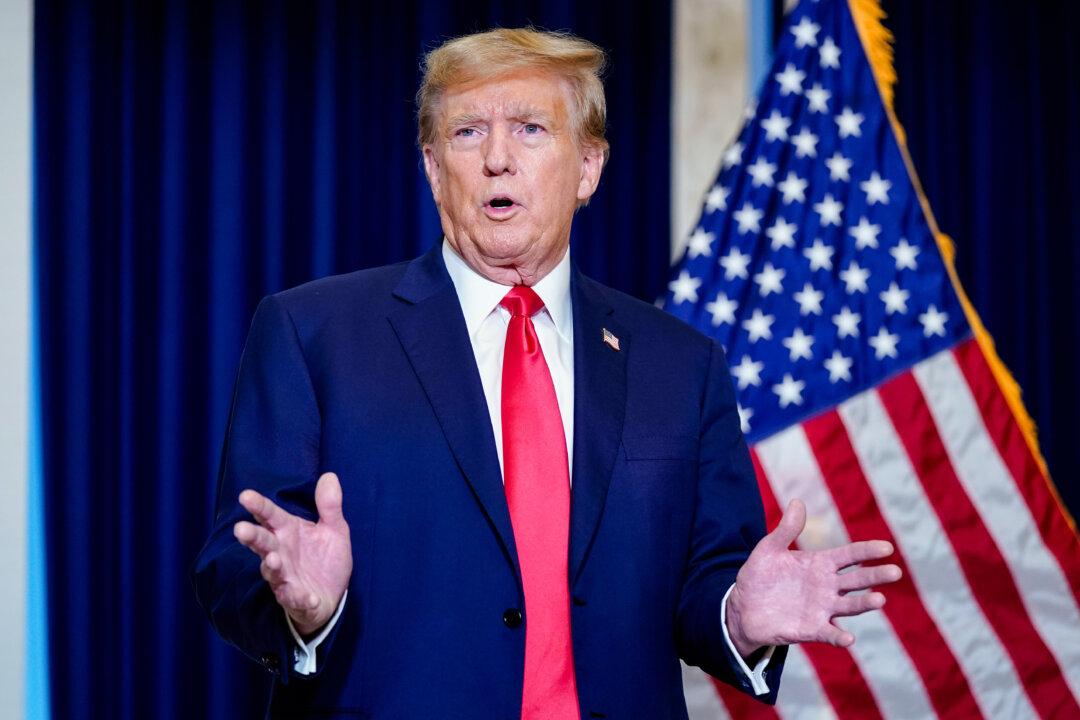General counsel for the Illinois State Board of Elections held a hearing on Friday, ahead of a Jan. 30 board vote that will decide whether the frontrunners of both the Republican and Democratic parties will appear on the primary ballot.
Illinois will hold its primary elections on March 19. Both former President Donald Trump and President Joe Biden had their eligibility challenged by local voters under Section 3 of the 14th Amendment.





